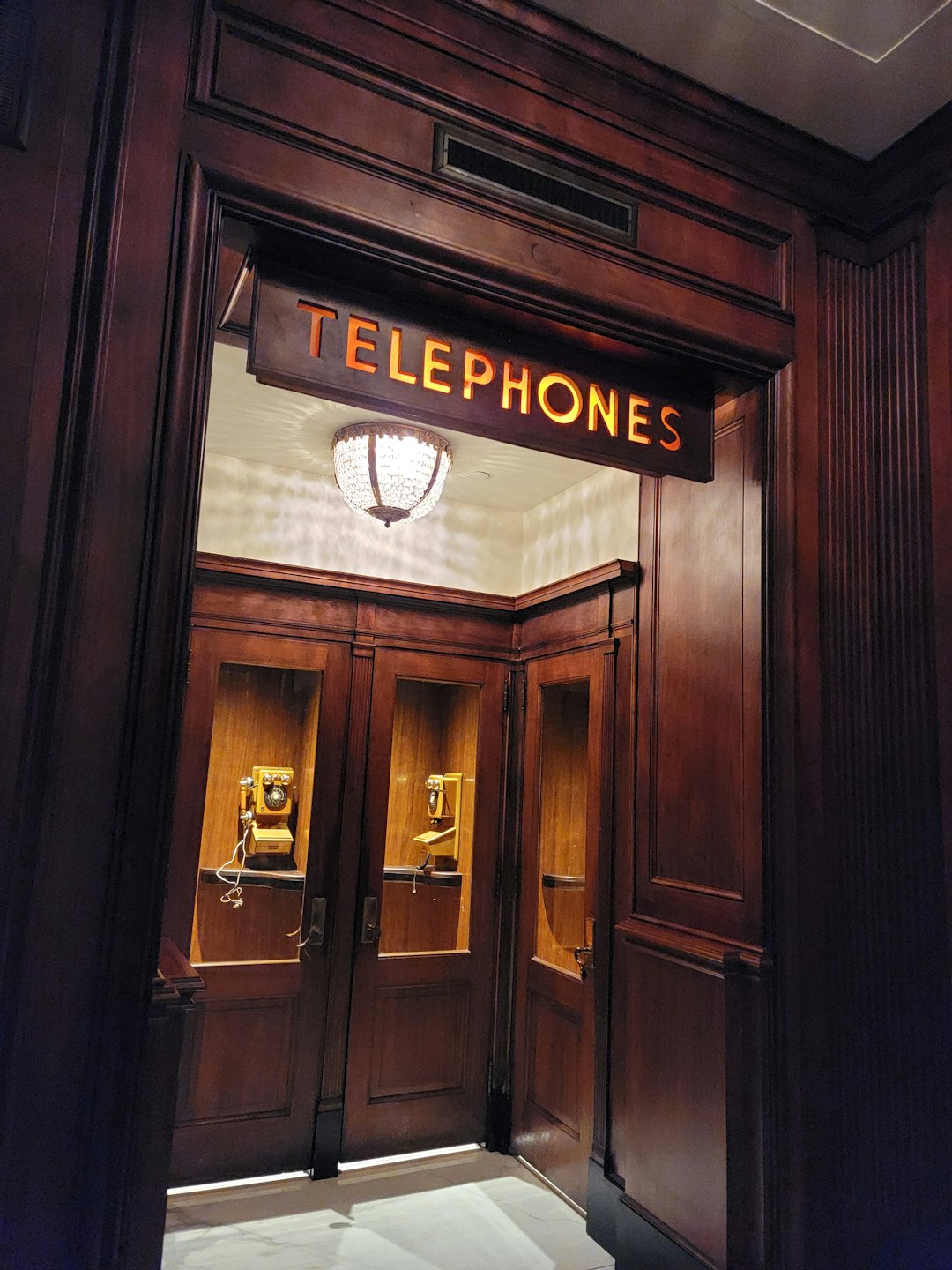Robocalls are a prevalent issue in Illinois, often used for fraud, but consumers have legal protection through federal and state laws like TCPA and Illinois Robocall Prevention Act. Individuals harmed by unwanted calls can consult a robocall attorney Illinois to understand their rights and take action. Protecting yourself involves registering for the National Do Not Call Registry, using call blocking apps, regularly reviewing logs, and blocking suspicious numbers. Legal options are available if unknown sources persist, ensuring comprehensive protection against robocalls in Illinois.
In Illinois, as across the nation, robocalls have become a ubiquitous and often unwanted part of daily life. While many states have implemented laws to protect residents from these automated calls, understanding your rights and available defenses is crucial. This article guides you through the legal framework surrounding robocalls in Illinois and offers practical steps to safeguard against them. Additionally, it explores the vital role a robocall attorney in Illinois plays in protecting your privacy and defending against unwanted automated communications.
Understanding Robocalls and Their Legal Framework in Illinois

Robocalls, automated phone calls that deliver pre-recorded messages, have become a ubiquitous nuisance across the country, including Illinois. While some robocalls promote legitimate services or organizations, many are unwanted and often fraudulent, designed to trick recipients into revealing personal information or providing financial data. In Illinois, as in most states, there are laws in place to protect consumers from these intrusive and deceptive practices.
The Telephone Consumer Protection Act (TCPA), a federal law, sets guidelines for automated phone calls, including robocalls. It prohibits companies from making such calls without prior express consent from the recipient. Illinois has also enacted its own legislation, the Illinois Robocall Prevention Act, which further restricts the practice and provides additional protections for residents. A robocall Attorney in Illinois can offer guidance on these laws, helping individuals understand their rights and take action against unwanted robocalls.
Practical Steps to Protect Yourself from Unwanted Calls

Protecting yourself from robocalls is easier than you think, even in a state like Illinois with its own consumer protection laws. A robocall attorney in Illinois may suggest several practical steps to safeguard your phone lines: first, consider registering for the National Do Not Call Registry. This federal database restricts telemarketers from calling numbers listed on it, offering some basic protection against unsolicited calls.
Additionally, invest in a call blocking app designed to identify and prevent robocalls. These apps use advanced technology to analyze incoming calls and filter out known spam. Regularly reviewing your call logs and blocking numbers associated with suspicious activity is also crucial. If you repeatedly receive calls from the same unknown source, consider contacting a robocall attorney in Illinois to explore legal options for further protection.
The Role of a Robocall Attorney in Illinois: Your Defense Against Automated Calls

In Illinois, as in many states across the nation, robocalls have become an increasingly common nuisance for residents. Automated phone calls from unknown sources can be intrusive and often carry malicious intent, including fraud or identity theft attempts. This is where a robocall attorney in Illinois plays a crucial role. These legal professionals specialize in defending individuals against unwanted and illegal automated calls, offering a much-needed shield in the digital age.
A robocall attorney helps navigate the complex landscape of telephone consumer protection laws (TCPA) to protect consumers’ rights. They can assist in identifying and blocking the sources of these calls, as well as pursuing legal action if necessary. Their expertise ensures that residents of Illinois are not only informed about their rights but also have the means to defend themselves against automated intrusions, fostering a safer and more secure environment in today’s digital era.






